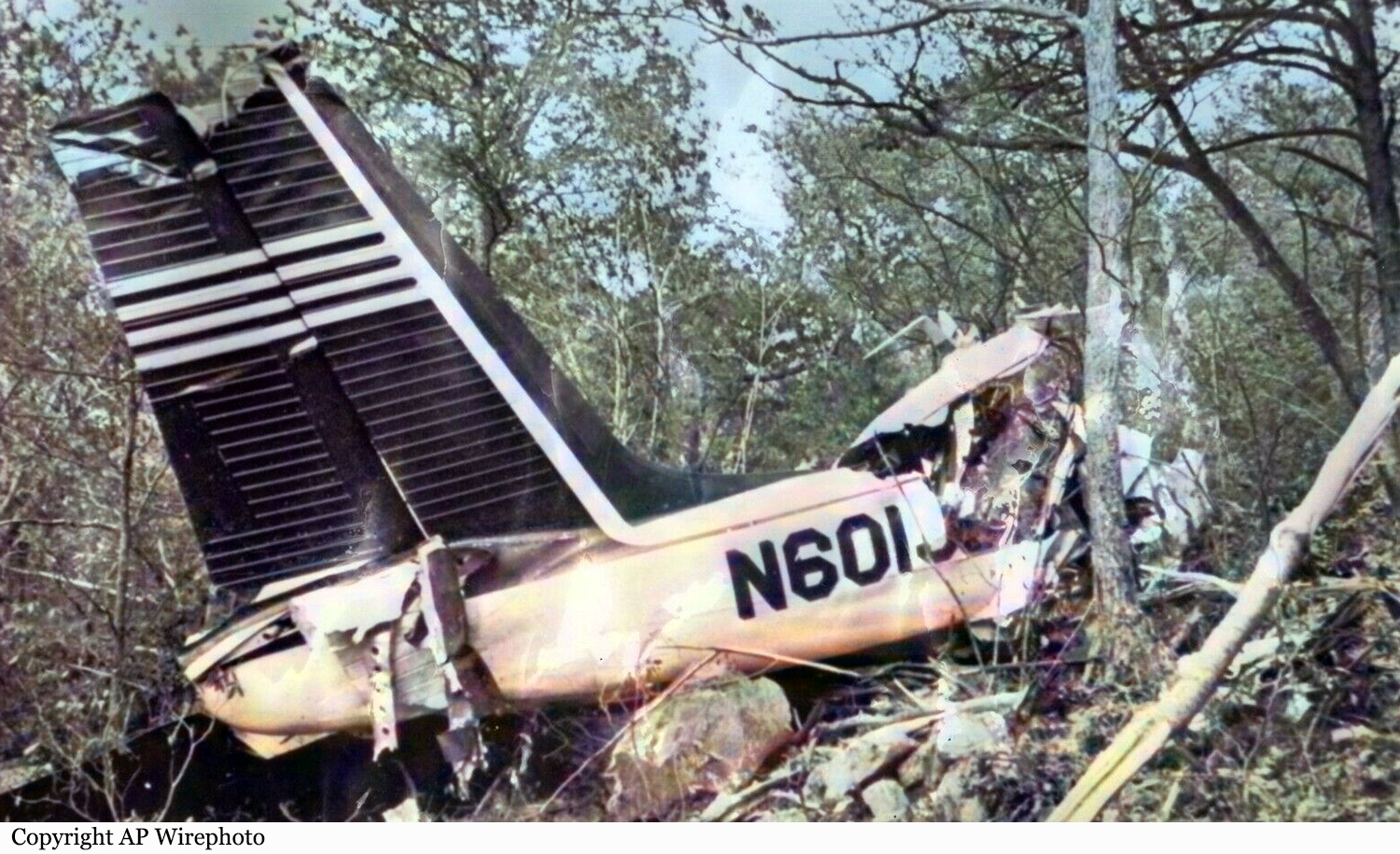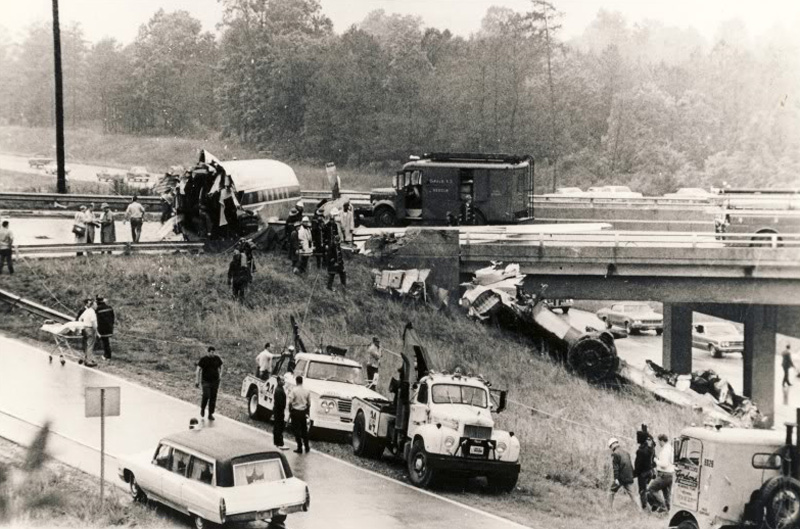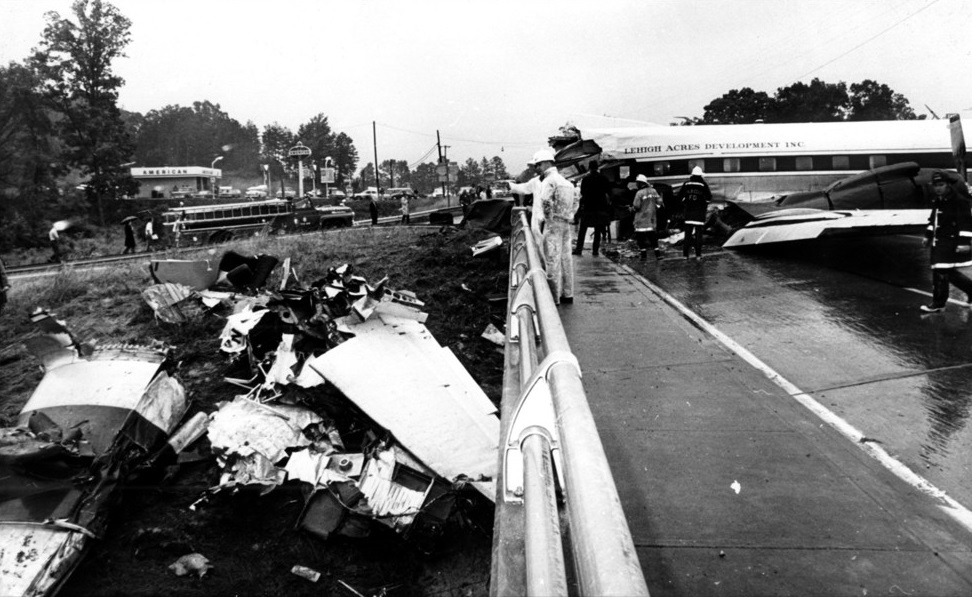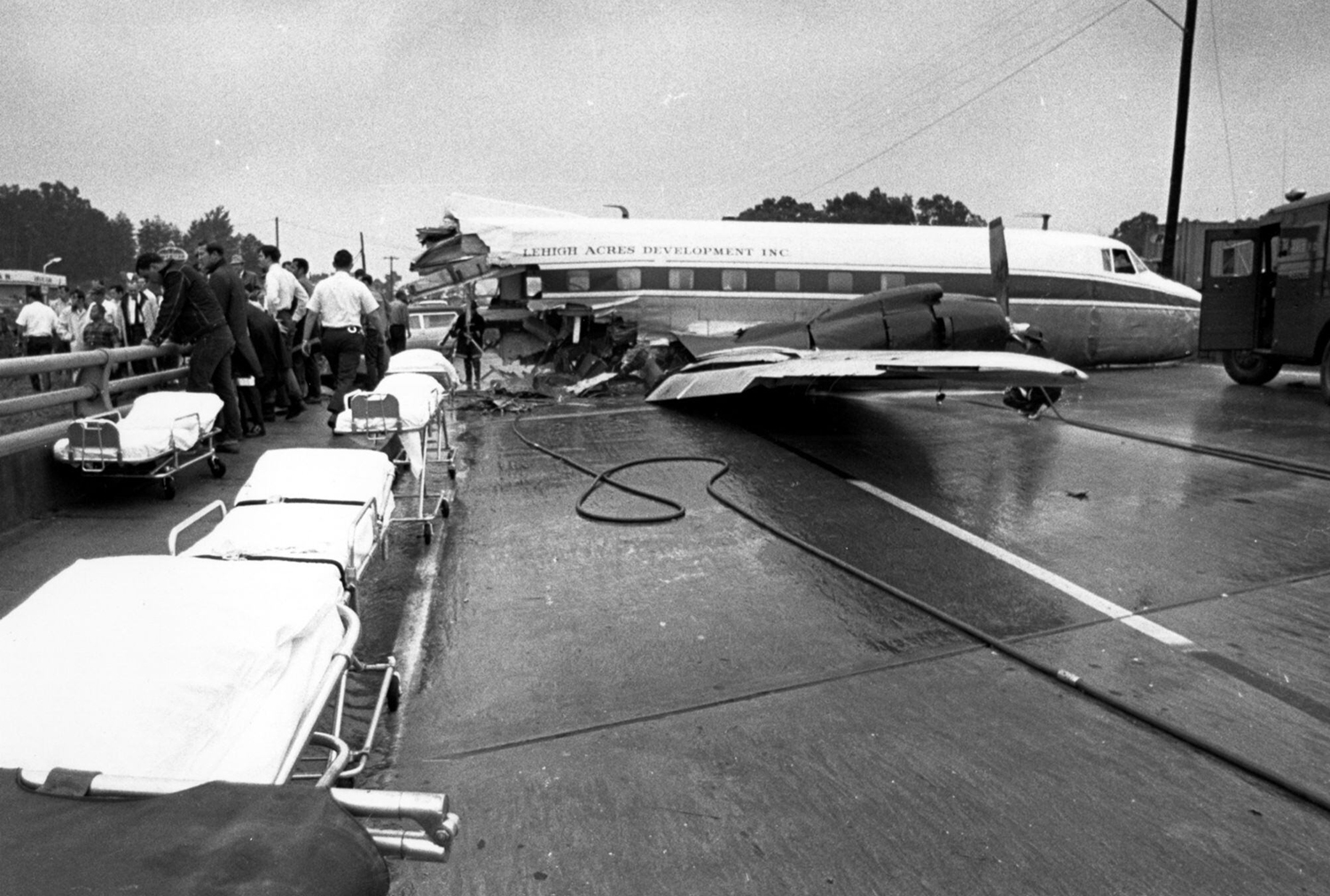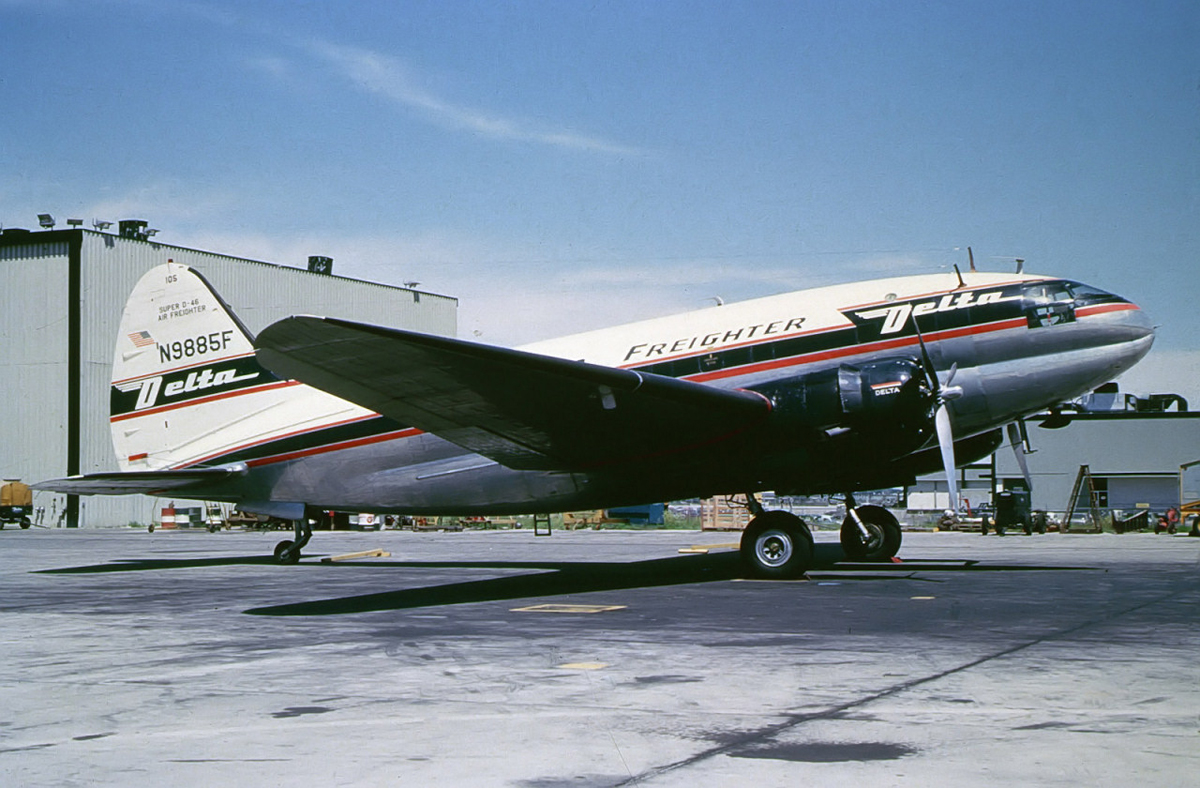Crash of a Lockheed 12A Electra Junior in Springfield
Date & Time:
Sep 15, 1975 at 2106 LT
Registration:
N3486
Survivors:
Yes
Schedule:
Reno – Denver – Atlanta
MSN:
1245
YOM:
1938
Crew on board:
2
Crew fatalities:
Pax on board:
6
Pax fatalities:
Other fatalities:
Total fatalities:
0
Captain / Total hours on type:
715.00
Circumstances:
En route from Denver to Atlanta, the crew reported technical problems to ATC and was cleared to divert to Springfield Airport. On approach in poor weather conditions, the crew was unable to locate the runway and decided to initiate a go-around when both engines failed. The airplane stalled, struck trees and crashed in a wooded area. All eight occupants were injured, two of them seriously, and the aircraft was destroyed.
Probable cause:
Failure of both engines during a go-around due to a fuel exhaustion. The following contributing factors were reported:
- The pilot attempted operation with known deficiencies in equipment,
- Improper IFR operation,
- Mismanagement of fuel,
- Fuel exhaustion,
- High obstructions,
- Low ceiling,
- Rain,
- Fog,
- Localizer and glide slope unreliable,
- Fuel exhaustion during climb to top overcast.
- The pilot attempted operation with known deficiencies in equipment,
- Improper IFR operation,
- Mismanagement of fuel,
- Fuel exhaustion,
- High obstructions,
- Low ceiling,
- Rain,
- Fog,
- Localizer and glide slope unreliable,
- Fuel exhaustion during climb to top overcast.
Final Report:




